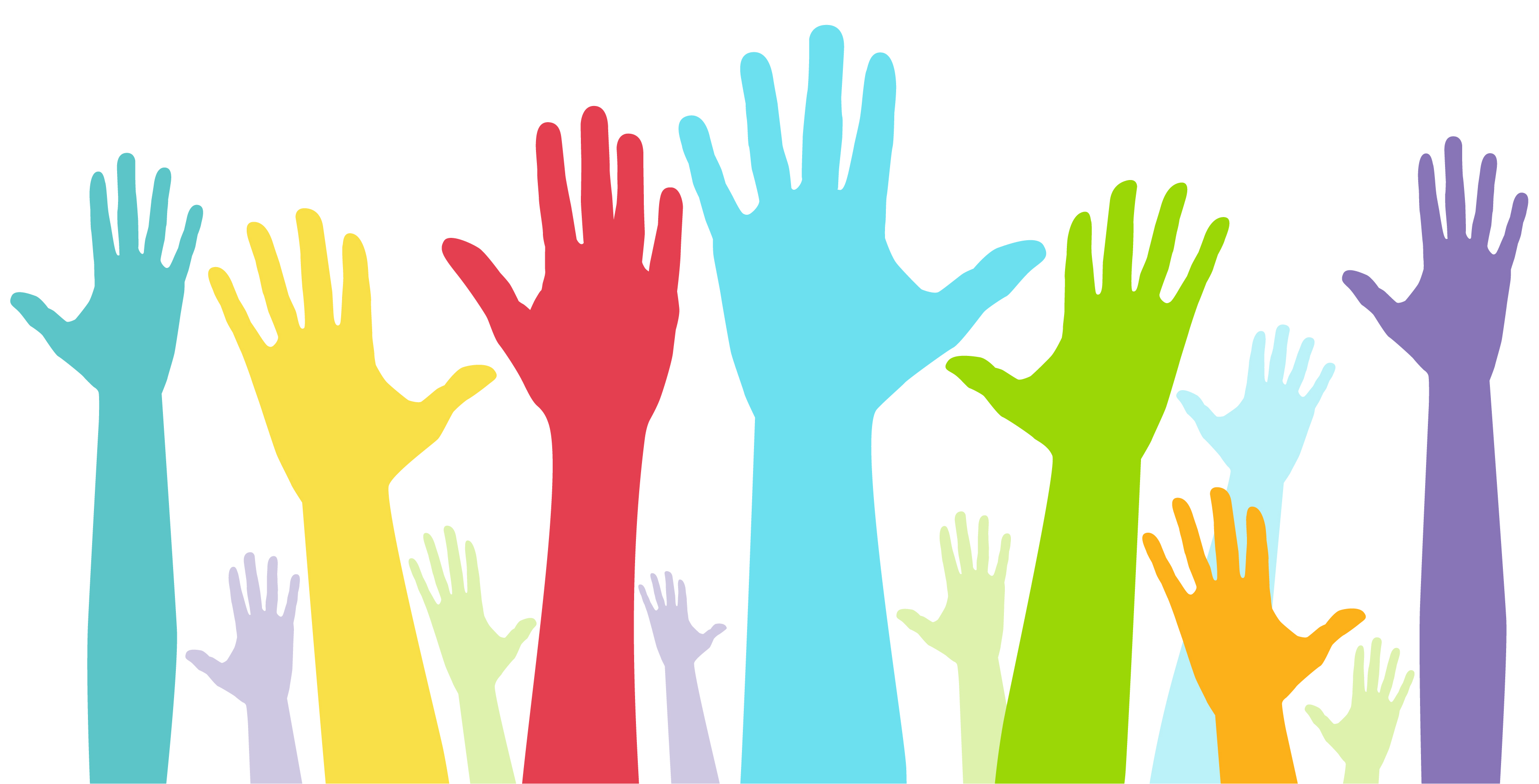
What can neighbours, friends and families do?

Intimate partner violence is a public issue. Most often, we think of intimate partner violence — or IPV — as a private problem that the family or people involved must deal with alone. However, IPV has lasting negative impacts, not just on individuals but also on society. It affects the mental health, physical health, and well-being of children and victims/survivors. It costs millions of dollars to the government and the community. And in the worst cases, IPV can result in homicide.
Time and time again, cases of violence against women have shown us the important roles that neighbours, friends and families play. I’ve been reading articles and reports that share stories of victims/survivors of IPV, like the Learning Network’s survivor-led resource called “Stay With Them.”
Gratefully, a group of survivors shared advice on how friends and family can better support people experiencing IPV.
Here are some of their suggestions:
• Provide an open space to talk about what is happening
• Offer to help while following the survivor’s lead and guidance
• Listen to them without pressuring or judging them
• Seek out knowledge about organizations and resources that support people experiencing violence so you can share that information
• Believe them! Tell the survivor this isn’t their fault
• Be patient and understand that every survivor has their own process
What’s most clear to me is that families, friends, neighbours and community resources play a huge role in providing a safe physical and mental space for those who have experienced or continue to experience abuse and violence.
I also want to add that when I say that IPV is a public issue, I’m including men in this conversation. Men have a critical role to play in advocacy and activism related to IPV. Violence against women will not end if men are not a part of the solution.
Men can be allies by listening to victims/survivors, speaking up against abuse, challenging sexism and misogyny, embracing healthier forms of masculinities, and challenging harmful gender norms that have taught us that men shouldn’t cry or show vulnerability (they should feel open to doing both!). Men can also educate their children about issues related to violence against women.
When we as neighbours, friends and families do nothing, even after recognizing violence, we normalize its existence. When we name the violence and call it out, we take up our power to bring about change.
Remember: You don’t have to be a hero or fix the situation — you can make a big difference by caring about other people, learning the signs of IPV and understanding how you can support those who are experiencing abuse. Start today by educating yourself on the warning signs of domestic violence and how you can intervene and support someone in an abusive situation.
